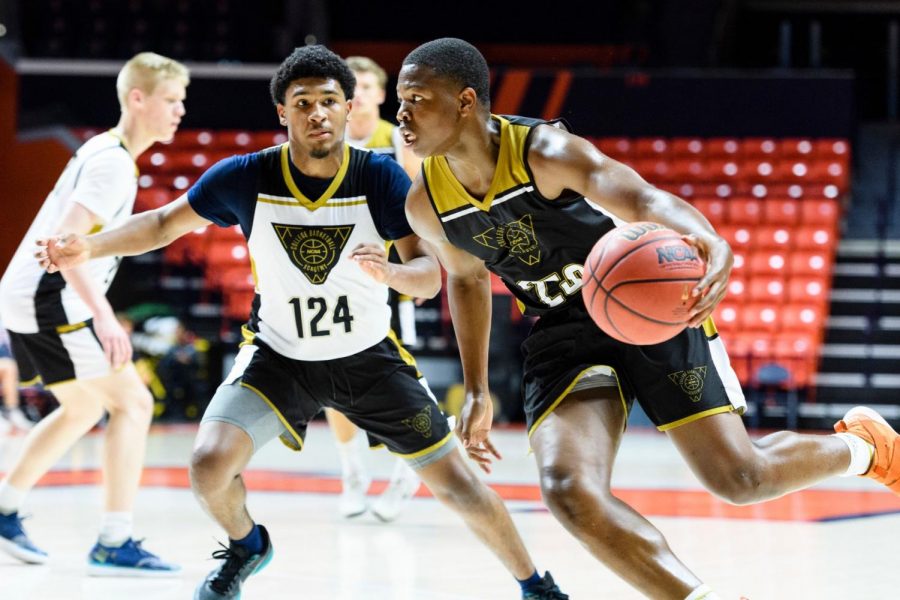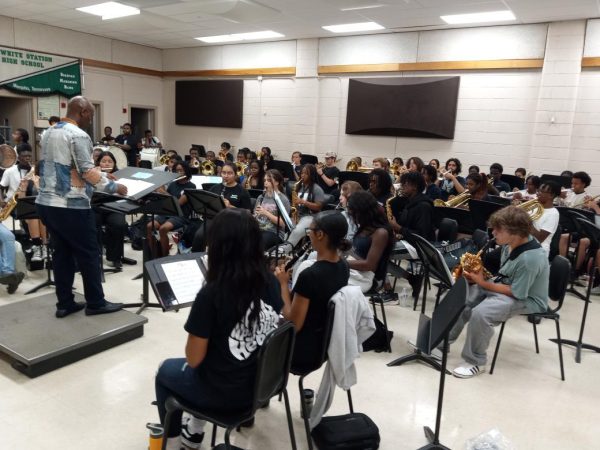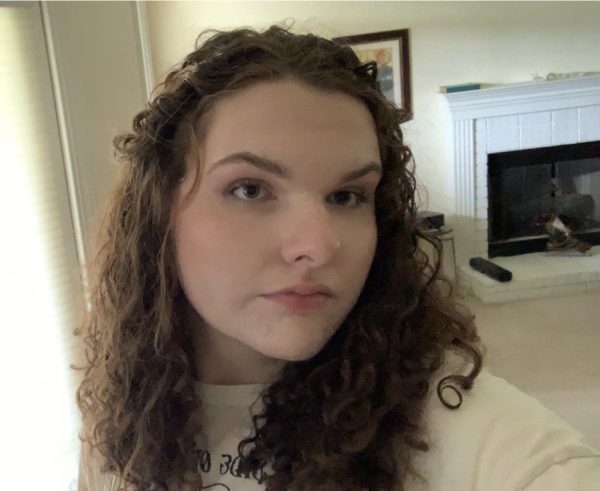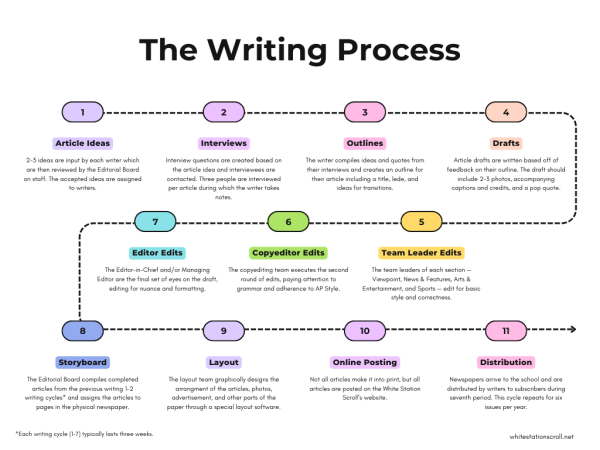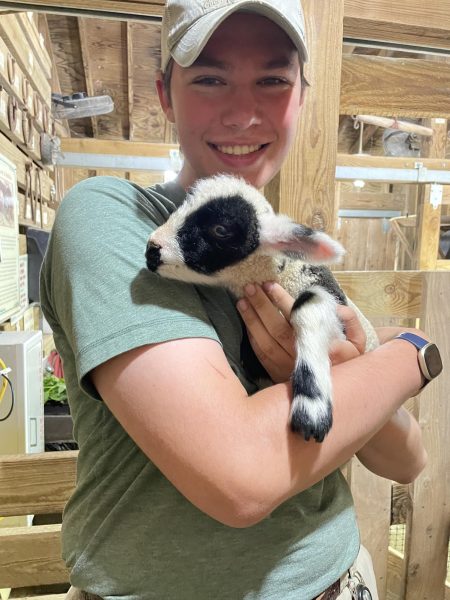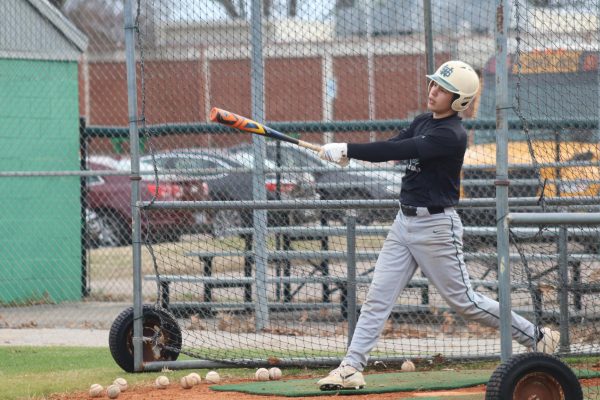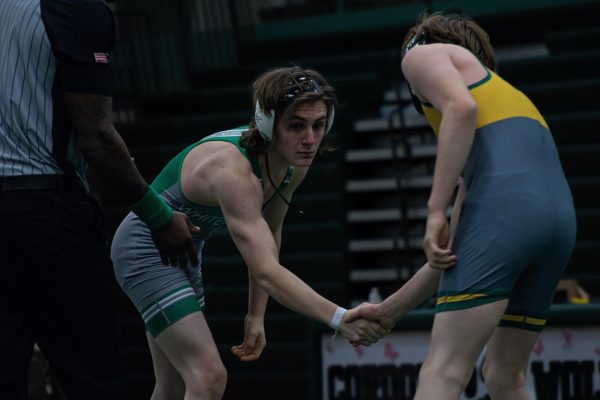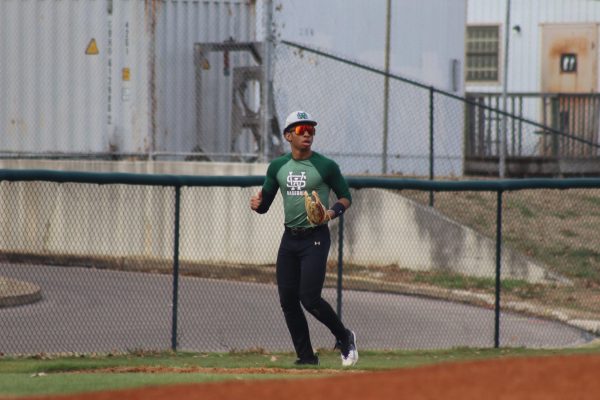SCS decision was tough, but the handling of it was far worse
Jacob Roberts (12) drives to the rim in a club showcase. This year, club basketball carries more weight than it normally would, as many players don’t know if they will be able to play for the school.
2020 has been a year defined by heartbreak. Almost everyone has lost something (or someone) to the COVID-19 pandemic. But the postponement of fall sports, which is effectively a cancellation, serves as a reminder that we are not numb to these losses. It hurts, and Shelby County Schools’ (SCS) decision-making process only made things worse.
This editorial will not be about whether or not sports should be played. It seems that there are “experts” and evidence on both sides, and I for one am content to admit that both sides are right (and wrong) in their own way. All in all, the SCS decision was likely more responsible than the decisions made by other schools in the county. And it wasn’t even that surprising of a decision. SCS has repeatedly demonstrated cautiousness regarding COVID-19, whether it was the closing of schools after Shelby County reported two cases, or transitioning to fully online. But the handling of this decision was nothing short of atrocious.
On August 4, SCS announced that it would only allow conditioning until Labor Day weekend, when it would “reconvene discussions.” But when the long-awaited Labor Day deadline arrived, it was crickets from SCS. In fact, the announcement was made almost a week later than expected.
And how did SCS give the heartbreaking announcement that sports were postponed? How did they share the news to seniors that their last season was gone? Through a YouTube video. A YouTube video in which a surprisingly chipper Superintendent Joris Ray explained, “We must lean on the guidance of health experts and not emotions.” And when the video ended, there was not an FAQ section, not an announcement for a Q&A, not even a comments section for people to use.
Understandably, this made people upset. Twitter exploded with plans of protests, and athletes pointed out that the SCS decision was made after the deadline for students to transfer, which is a theory I find believable, and one that suggests that SCS knew what they were going to do the entire time. The SCS decision also appears to apply to non-contact sports, such as cross country and golf, which are, according to any medical expert, some of the safest activities one can do.
It is worth noting that student-athletes and their families should not be viewed as selfish for being upset. As cliche as it sounds, for some, high school sports are more than a game. The loss of sports means the loss of a chance for seniors to compete for something they’ve worked for their entire high school career. The loss of sports means the loss of camaraderie amongst teammates and coaches, many of whom are like a second family to athletes. And, most troubling, the loss of sports almost guarantees that some people will lose their opportunity to go to college via an athletic scholarship.
Overall, SCS was put in an impossible position. Whatever decision they made would be met with criticism. But the manner in which the decision was made, whether it was the lack of communication, the late decision so students couldn’t transfer or the unfair treatment of non-contact sports only contributed to this criticism and has given both students and parents a valid reason to distrust SCS and favor schooling somewhere else.
On behalf of The Scroll editorial board, mask up, and, most of all, don’t be stupid. If everybody can do that, then this could be the last article we have to run about sports being canceled.
Your donation will support the student journalists of White Station High School. Your contribution will allow us to purchase equipment and cover our annual website hosting costs.



































